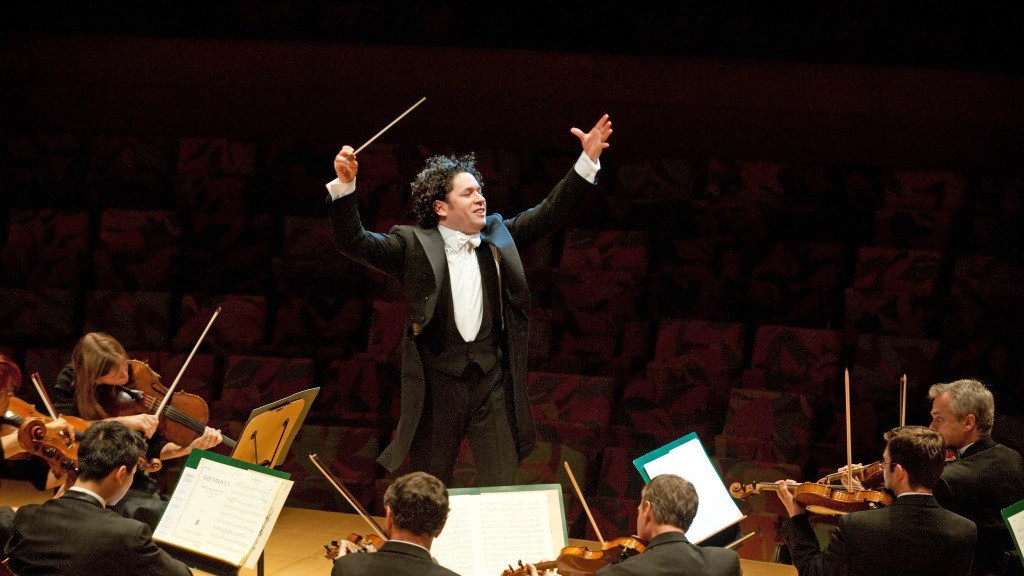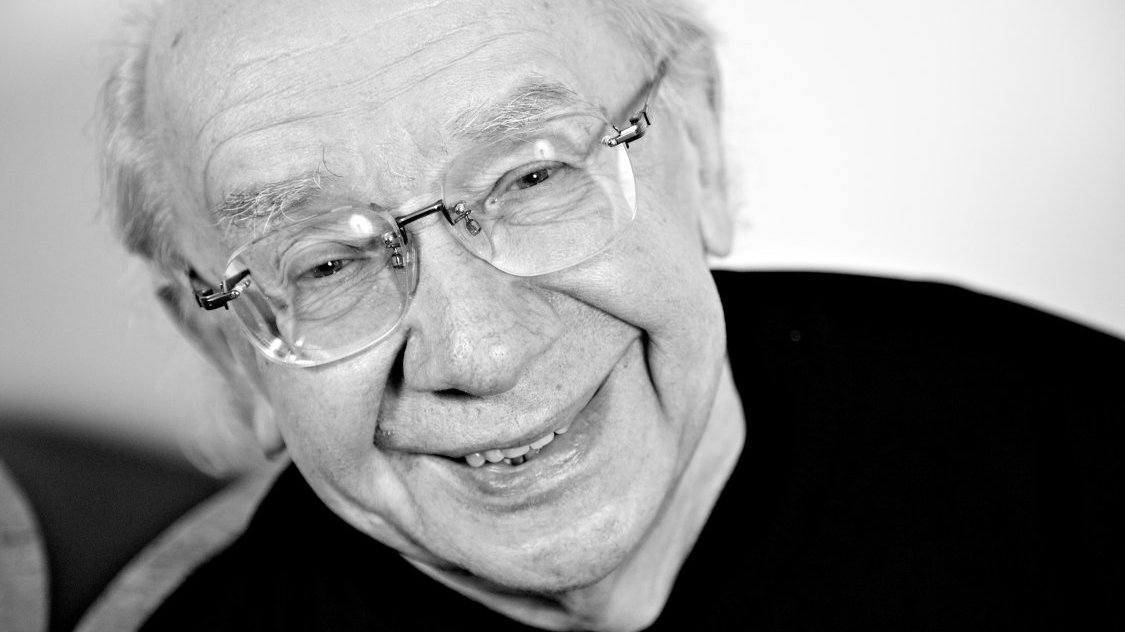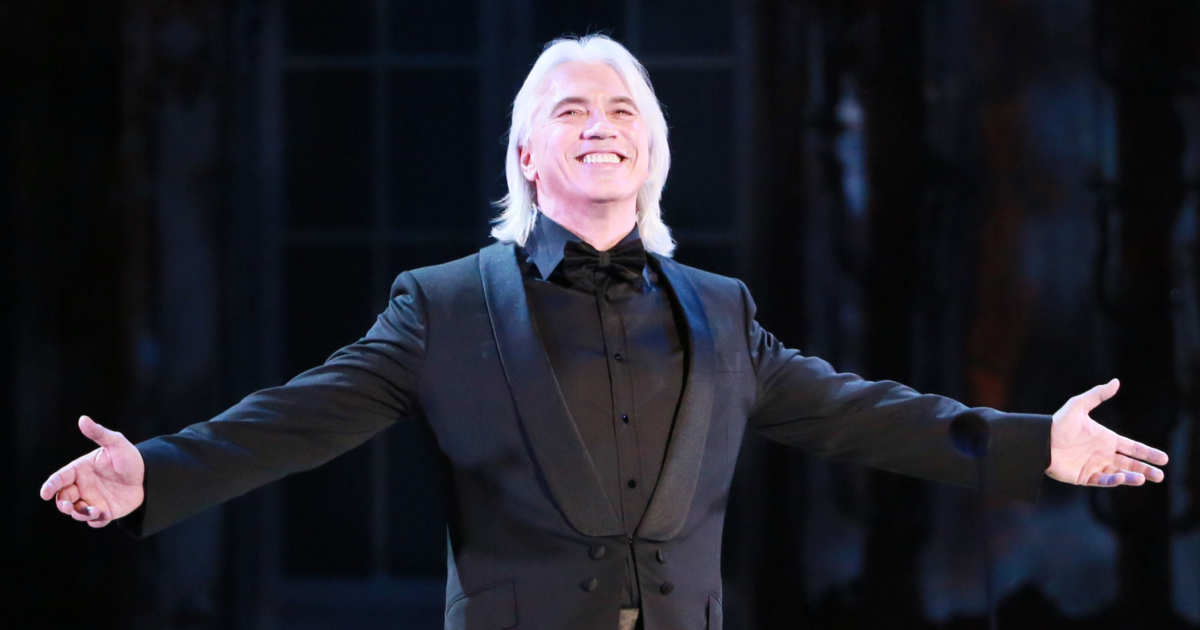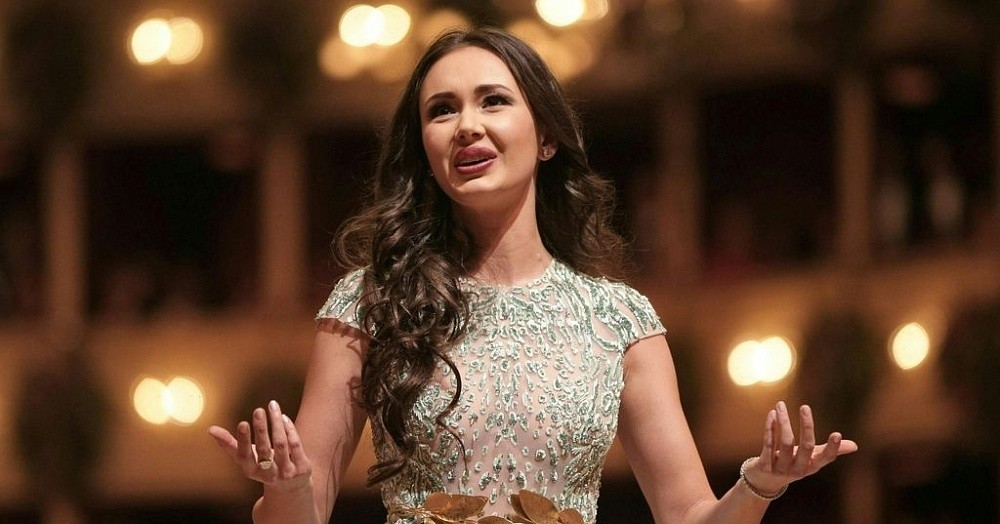New Release: Tchaikovsky’s “The Nutcracker,” Gustavo Dudamel and the LA Phil
Tchaikovsky’s ballet, The Nutcracker, was received with ambivalence when it premiered at Saint Petersburg’s Imperial Mariinsky Theatre in December, 1892. Now, over a century later, E.T.A Hoffmann’s heroic story of death and rebirth comes alive on ballet stages around the world as a staple of the holiday season. It’s a piece filled with haunting melancholy and dreamy, shimmering magic. All of this can be heard in Tchaikovsky’s music, with its exotic, soaring melodies and lush, colorful orchestration. In …







